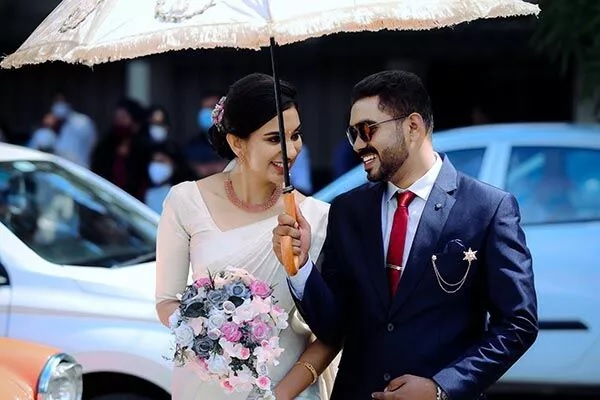Getting engaged is one of the most exciting and memorable moments in a person’s life. However, the process leading up to an engagement can be filled with various challenges and obstacles, especially when it comes to navigating family dynamics and meeting expectations. In this article, we will explore the impact of family dynamics and expectations on the engagement process and offer advice on how to handle these challenges.
Family Dynamics and Their Influence
Family dynamics can play a significant role in the engagement process. The way your family interacts with your partner, and their family can have a significant impact on your relationship. For example, if your family has a history of being overbearing, controlling, or critical, your partner may feel uncomfortable or even intimidated. This can put a strain on your relationship and make it harder to move forward with an engagement.
On the other hand, if your family is supportive, welcoming, and respectful of your partner, it can make the engagement process much easier and enjoyable. Having your family’s approval and blessing can also make your partner feel more confident and secure in their decision to propose.
Expectations and Pressure
Expectations can also play a significant role in the engagement process. Whether it’s pressure from your partner, your family, or society, feeling like you need to get engaged can be stressful and overwhelming. It’s essential to remember that every relationship is unique, and there is no right or wrong timeline for getting engaged.
It’s crucial to have open and honest communication with your partner about your expectations and timeline for the engagement process. If you’re feeling pressured to get engaged before you’re ready, it’s essential to express your concerns and work together to find a timeline that works for both of you.
Handling Challenges and Navigating Family Dynamics
When it comes to navigating family dynamics and expectations during the engagement process, there are a few things you can do to make things easier. Firstly, it’s essential to establish clear boundaries and communicate them to your family and partner. Let them know what you’re comfortable with and what you’re not, and make sure they respect your wishes.
It’s also important to remember that your partner’s family dynamics and expectations may be different from yours. Take the time to get to know their family and understand their values and traditions. This can help you navigate any potential conflicts and build a stronger relationship with your partner’s family.
The engagement process can be an exciting and memorable time in your life, but it can also be filled with challenges and obstacles. Navigating family dynamics and expectations can be difficult, but with open and honest communication, clear boundaries, and understanding, you can make the process easier and more enjoyable. Remember, every relationship is unique, and there is no right or wrong timeline for getting engaged.










